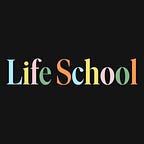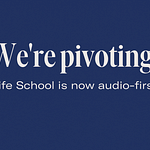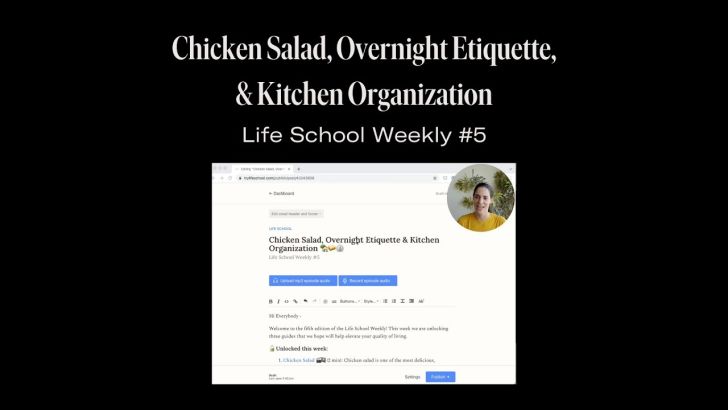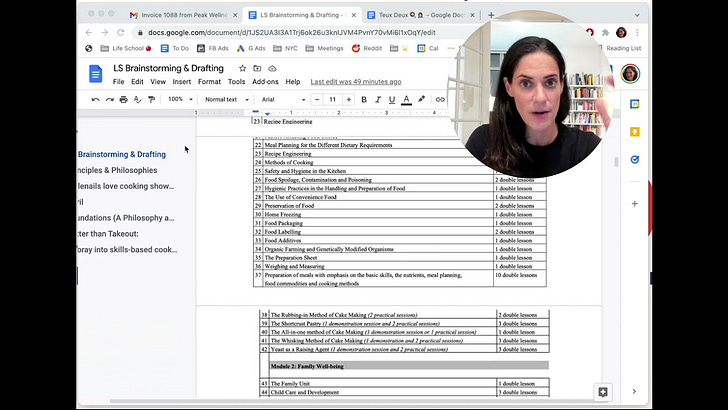"A hot oven is the rightful domain of a capable cook" - Tamara Adler, An Everlasting Meal
This course is about roasting - a dry-heat oven-based method of cooking that is a central building block in a home chef’s repertoire. Ovens are a busy chef’s best friend because they are consistent, reliable & hands-off. The way they work is pretty simple and hasn’t changed much since their introduction in the early 1700s. They capture a heat source & radiate it through the air (this is why this course is called “How to Cook with Air”). In doing so, they allow the food to cook slowly and evenly. This yields delicate, complex, caramelized flavors and crunchy or crispy textures.
The predictability of this method makes oven cooking high leverage. Leverage is a concept from operations that refers to using something to its ultimate advantage. An oven is high leverage because it can do a heck of a lot of cooking, predictably, with limited oversight, for many items simultaneously.
Compare this to needier cooking methods like sautéing or grilling, where you must regularly tend to the items to ensure they aren’t burning. When baking or roasting, you can walk away, confident that your dish will turn out fine so long as a timer is set.
We recommend that you take advantage of oven cooking for the freedom it provides. While the oven pre-heats and again while it’s cooking, do your food prep, wash the dishes. You can even Netflix & chill.
Here’s the table of contents for How to Cook with Air:
15 - Temperatures for Roasting
16 - Products & Gear
17 - Roasting Vegetables
18 - Practice Recipe: Baked Potato
19 - Practice Recipe: Crispy Roasted Brussels
20 - Practice Recipe: Kale Chips
21 - Food Safety Deep Dive (Poultry)
22 - Practice Recipe: Roasted Whole Chicken
23 - Sheet Pan Dinners
As always, please provide feedback in the comments if you feel so inclined. Alright, let’s get started.










